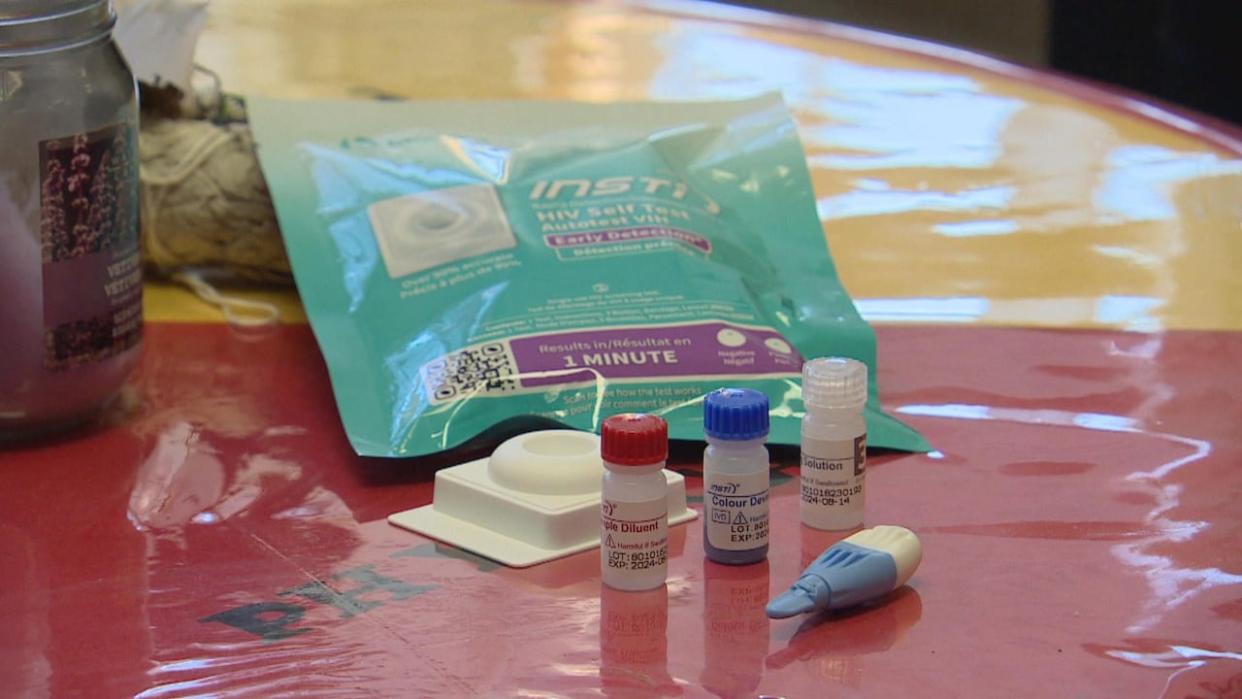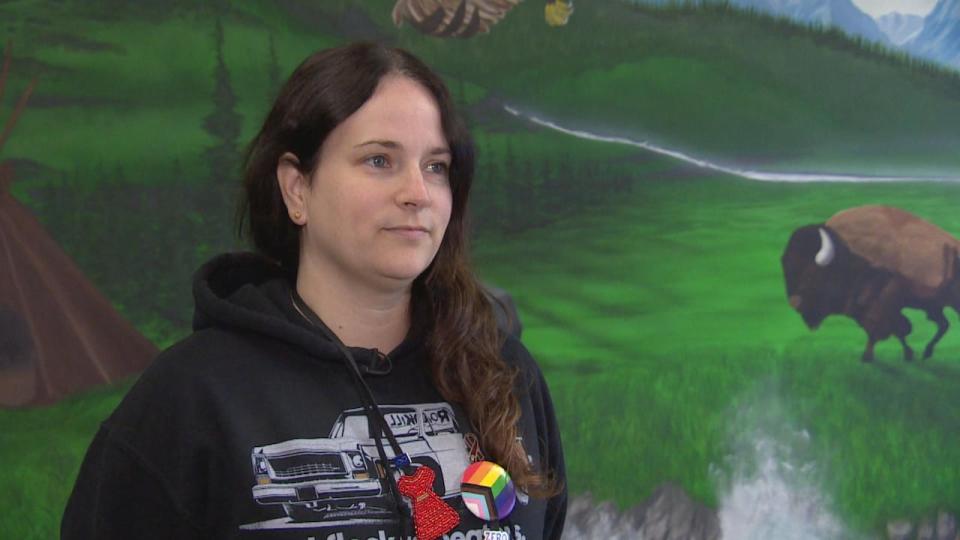Sask. organization fears potential funding cut to HIV self-testing kits amid worst rates in Canada

Saskatchewan has the worst rate of new HIV infections in Canada and organizations that provide self-testing kits fear the problem could worsen if federal funding is cut.
While the federal government has not announced changes to the funding model, some people who distribute the self-test kits say there are signals that there could be cuts.
Christine Daniels, the executive director at Persons Living With AIDS Network of Saskatchewan, read a warning of a possible funding loss in an email from Nexus in early February.
Nexus, an organization that provides kits across the country, said it was "hearing" of federal government plans to cut funds to the self-test kits.
Daniels was shocked. She said her organization has found people are sometimes nervous about getting tested in a clinic setting "for the fear of judgment."
"They find it helpful to access an organization such as ours where they can be provided peer support and wraparound services," she said.

Christine Daniels, the executive director of the Persons Living With AIDS Network of Saskatchewan, is worried that Saskatchewan's already nation-leading rate of HIV could worsen if funding for self-test kits is cut. (CBC)
Daniels said the Network would search elsewhere for kit funding, but that a cut to funding could broadly affect the industry and limit people's options.
Cheryl Barton, the community engagement co-ordinator at the Network, said the self-test kits are cheaper for the taxpayer than a doctor's visit and reduce the strain on the health-care system by providing an alternative.
Canada's Public Health Agency first authorized the tests, known as the "INSTI HIV Self Test," in November 2020 and funded their use from August 2022 to March 2024.
In an email to CBC, the Public Health Agency said it is "continuing to explore options to make HIV self test kits available to community-based organizations after March 31, 2024."
Daniels expects to see a rise in Saskatchewan's already national-high rate of HIV if the kits are no longer available.
Sask. diagnoses rate 4 times higher than national average
Saskatchewan led Canada's new diagnosis rate in 2022 at 19 people per 100,000, according to the Canadian Foundation for AIDS research. That rate is more than four times higher than the national average of 4.7 people per 100,000.
"When it comes to treating HIV itself it's actually rather straightforward: it can be as simple as one pill once a day," said Katelyn Roberts, the executive director of Sanctum Care Group, a Saskatoon charity that works with people affected by HIV and addictions.
"But we're asking a population whose primarily impacted by homelessness, injection drug use and mental illness to take a medication 97 per cent of the time, in order for it to be effective."
LISTEN | While no pharmacological remedy to HIV-related cognitive health issues, a University of Regina researcher has a promising strategy to help:
Statistics Canada data from 2020 shows Saskatchewan's rates are driven by injection drug use, which led to nearly two-thirds of new infections — also a national high.
Roberts said people are going to inject regardless if they have access to a clean needle and that it's important for society to provide access to clean supplies.

